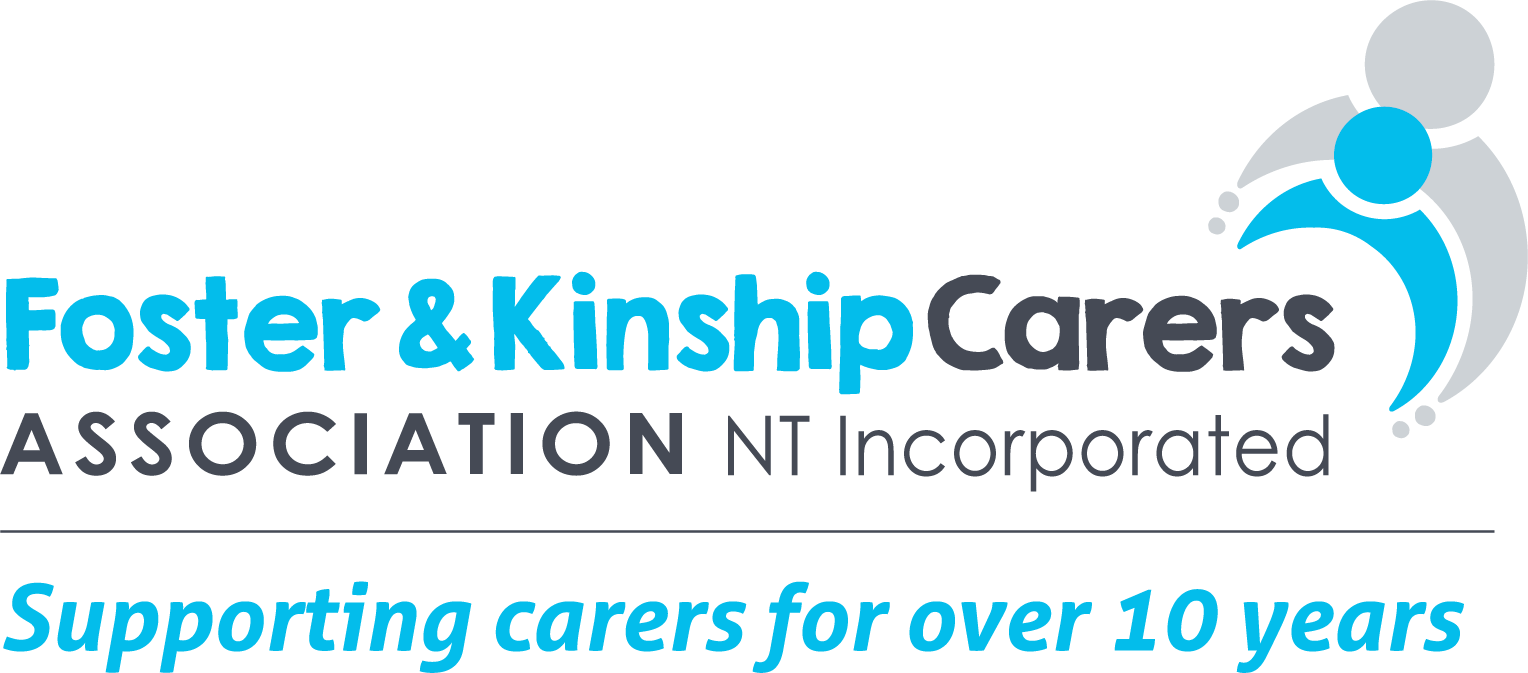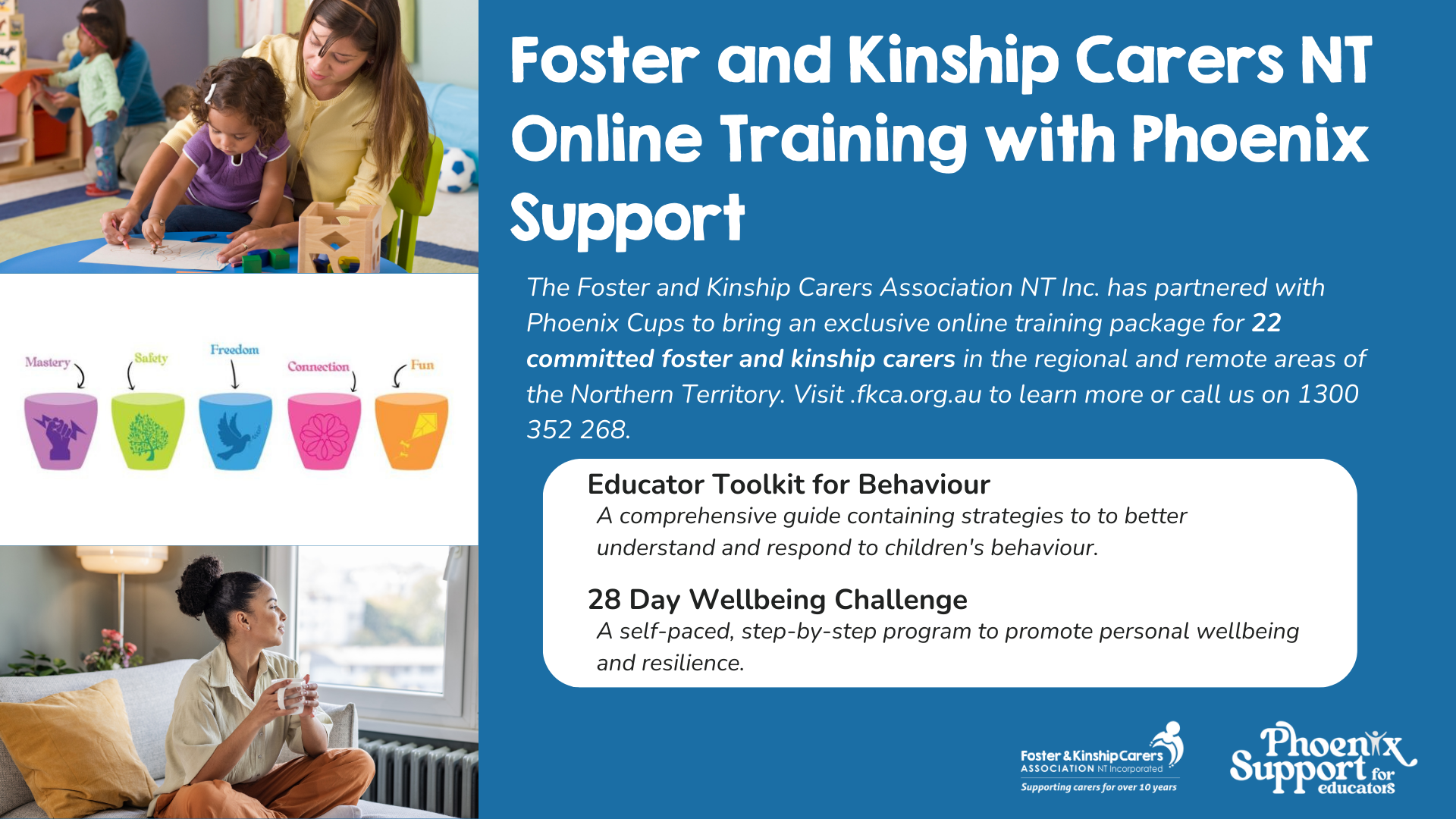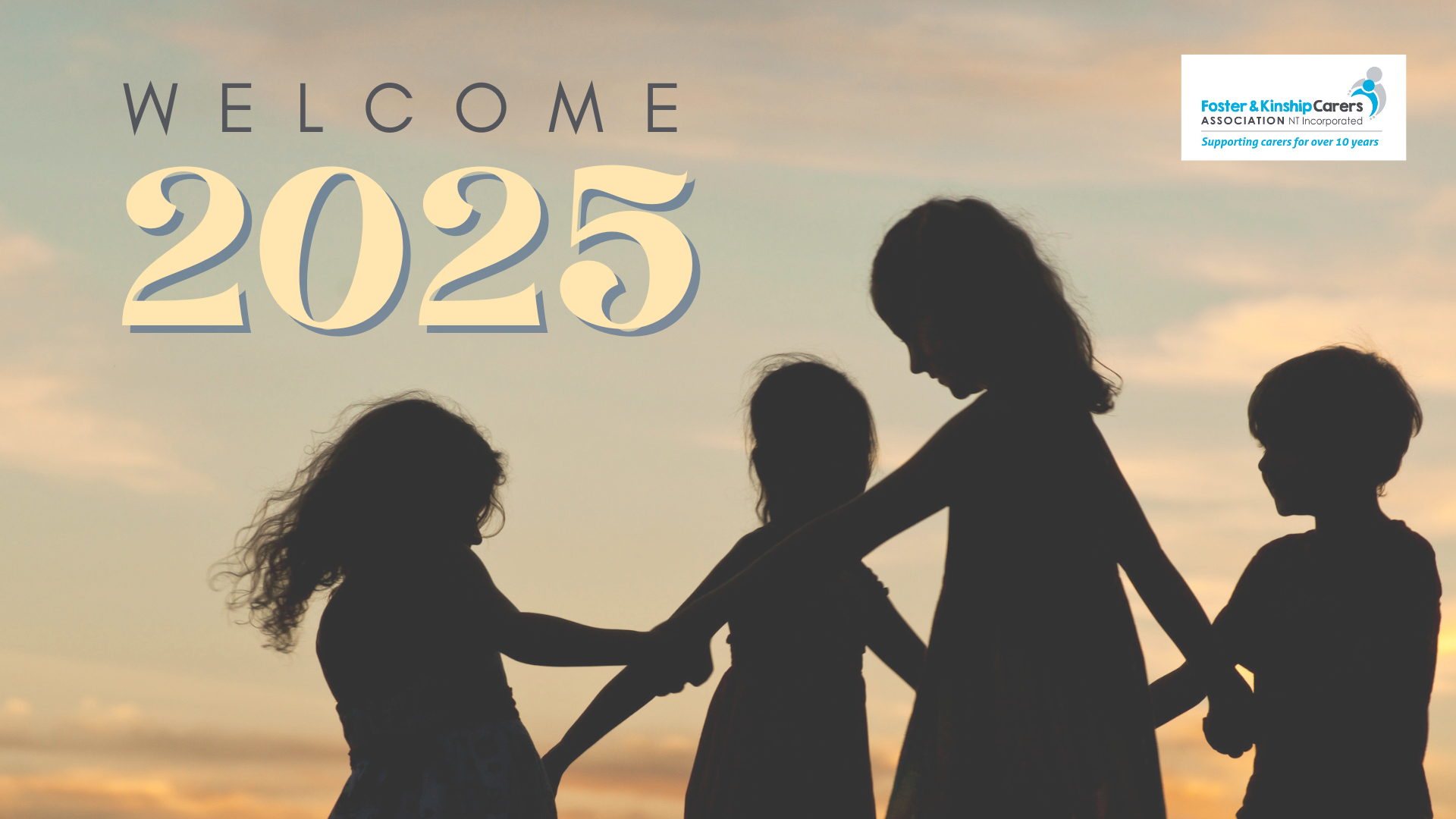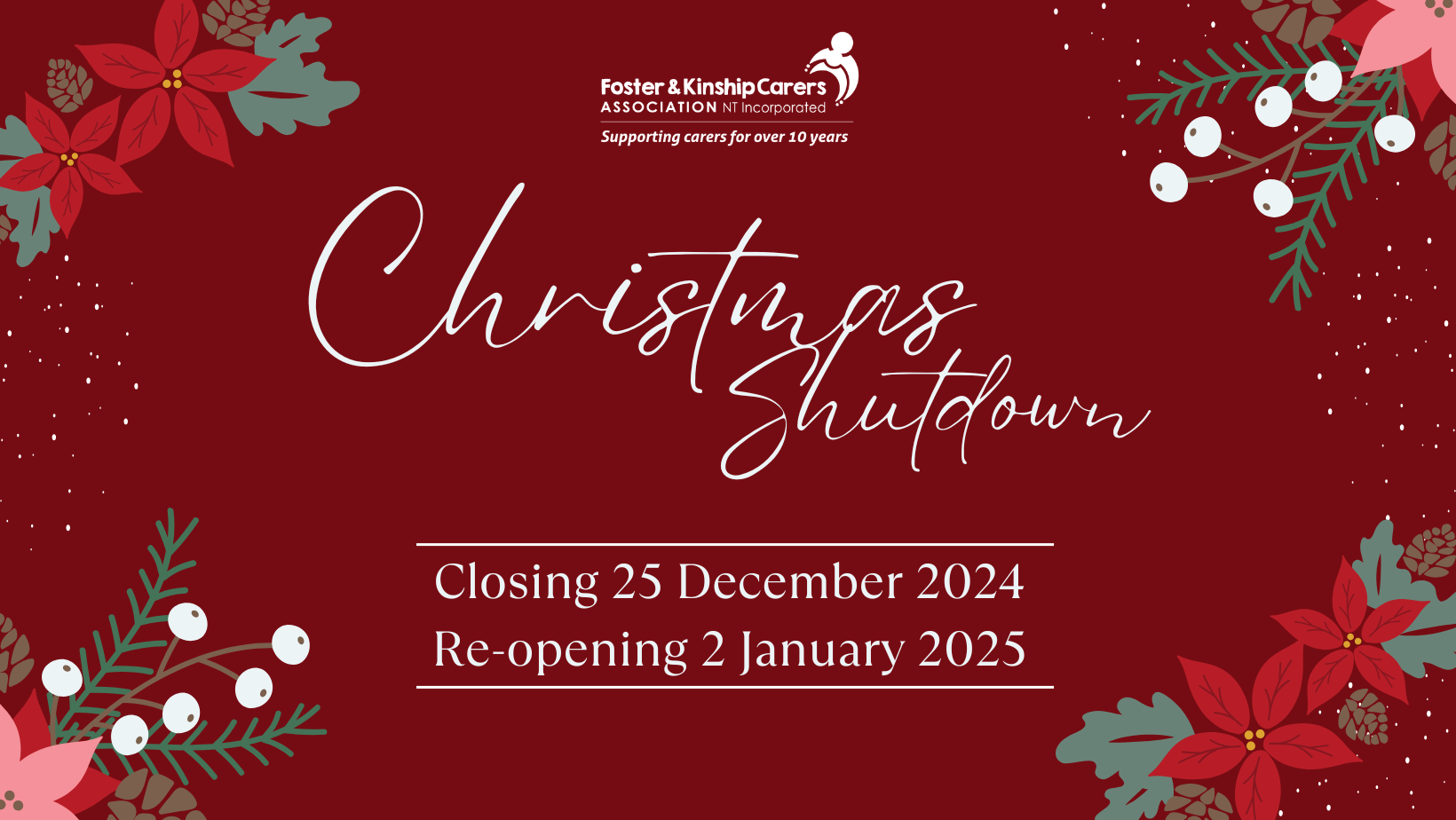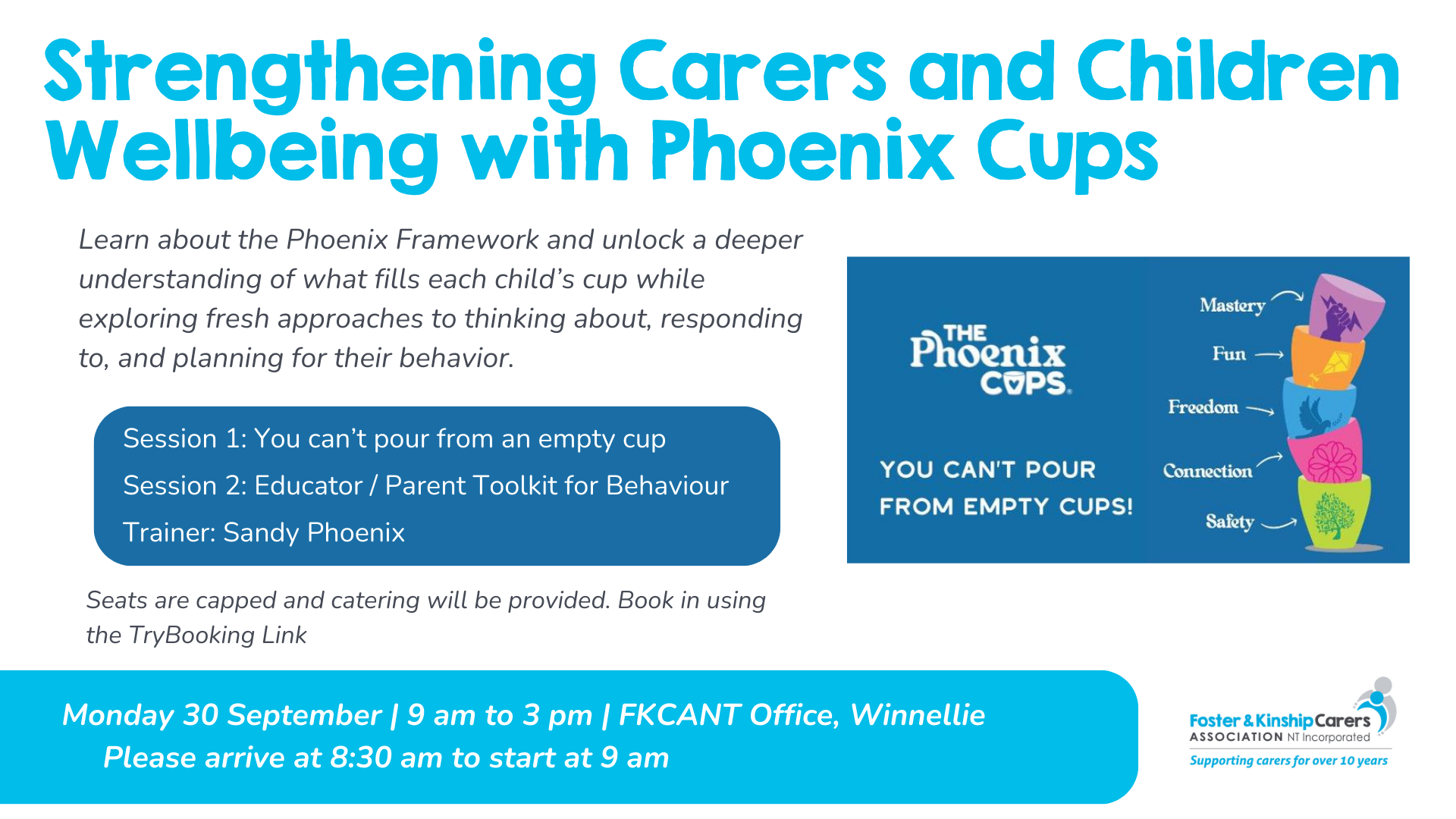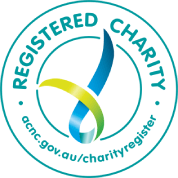Media Enquiries
For all media enquiries for the Foster and Kinship Carers Association NT, please use the details provided below:
Email : media@fkca.org.au
Phone :
1300 352 268
Campaigns
Previous Campaign
Bus Advertisement
To reach more people who were interested in becoming foster or kinship carers, in April 2023 we commenced bus advertising in Darwin which will run for a 12 month period.
The key message was to let everyday Territorians know they too could make a difference in a child’s life by becoming a foster or kinship carer.
Previous Campaign
Cinema Advertisement
To encourage more people to become foster and kinship carers, in 2018-19 we commenced a 12 month cinema advertising program with Big Screen Advertising.
The short video, featuring young Territorians, busted some of the myths about being a foster and kinship carer. Due to its ongoing success, it continued into 2019-20, and then extended until December 2022. It was shown in both Alice Springs and Darwin cinemas.
